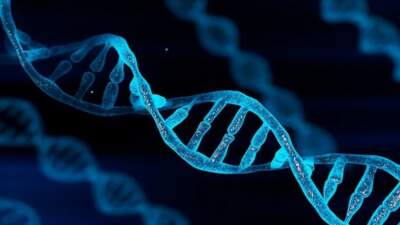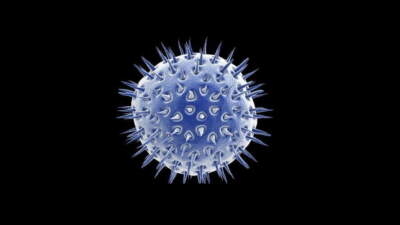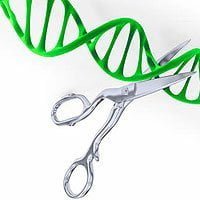In the panorama of human health, countless conditions dot the landscape, each telling a unique story. Today, our focus turns towards a peculiarly named disorder known as the ‘Viking Disease.’ This story carries us across the epochs of time, weaving a complex narrative involving ancient Neanderthals, Norse seafarers, and modern medicine. It is the tale of Dupuytren’s Contracture, a disease as intriguing as its moniker suggests.
Genome
Genome is the total genetic content contained in a haploid set of chromosomes in eukaryotes, in a single chromosome in bacteria, or in the DNA or RNA of viruses.
Vigilance and Preparedness: India’s Comprehensive Strategy to Combat Covid-19 and Influenza Surge
Today, Indian Prime Minister Narendra Modi presided over a high-level meeting to evaluate the Covid-19 and Influenza situation in India. The meeting focused on the readiness of health infrastructure and logistics, the progress of vaccination efforts, the emergence of new Covid-19 variants and Influenza strains, and their public health implications for the nation.
Pet Owners Beware: Study Finds Potential for Transmission of Multidrug-Resistant Organisms Between Pets and Hospitalized Owners
New research being presented at this year’s European Congress of Clinical Microbiology & Infectious Diseases (ECCMID) in Copenhagen suggests that healthy dogs and cats could potentially pass on multidrug-resistant organisms (MDROs) to their hospitalized owners, and vice versa.
42 new genes linked to Alzheimer’s disease risk
A major new international study involving UK DRI researchers has identified 75 genes associated with an increased risk of developing Alzheimer’s disease, including 42 new genes which had not previously been implicated in the condition.
US monitoring SARS-CoV-2 Viral Mutation – UK variant
US is alerting clinical laboratory staff and health care providers that the FDA is monitoring the potential impact of viral mutations, including an emerging variant
Gene editing may prevent genetic and inherited diseases
For the first time, researchers have corrected a disease-causing mutation in early stage human embryos with gene editing. The technique, which uses the CRISPR-Cas9 system,
Thousand genes differences contribute to autism risk
Changes in scores of genes contribute to autism risk — Newfound genetic differences provide many hints at causes – Small differences in as many as a thousand genes contribute to risk for autism or autism spectrum disorder (ASD). This new study examined data on several types of rare, genetic differences in more than 14,000 DNA samples from parents, affected children, and unrelated individuals.
Biomarker predicts effectiveness of brain cancer temozolomide treatment
Biomarker predicts effectiveness of brain cancer treatment – Researchers at the University of California, San Diego School of Medicine have identified a new biomarker that predicts whether glioblastoma – the most common form of primary brain cancer – will respond to chemotherapy.
New blood test predicts breast cancer risk
New test predicts the risk of non-hereditary breast cancer — A simple blood test is currently in development that could help predict the likelihood of a woman developing breast cancer – A simple blood test is currently in development that could help predict the likelihood of a woman developing breast cancer, even in the absence of a high-risk BRCA1 gene mutation. This new research is published in the Genome Medicine.
Bacteroides ovatus helps us get our daily dietary fiber xyloglucan
How a versatile gut bacterium helps us get our daily dietary fiber – A common gut bacterium – Bacteroides ovatus – helps us metabolize a main component of dietary fibre xyloglucan from the cell walls of fruits and vegetables, revealed by researchers from University of British Columbia in the journal Nature.






